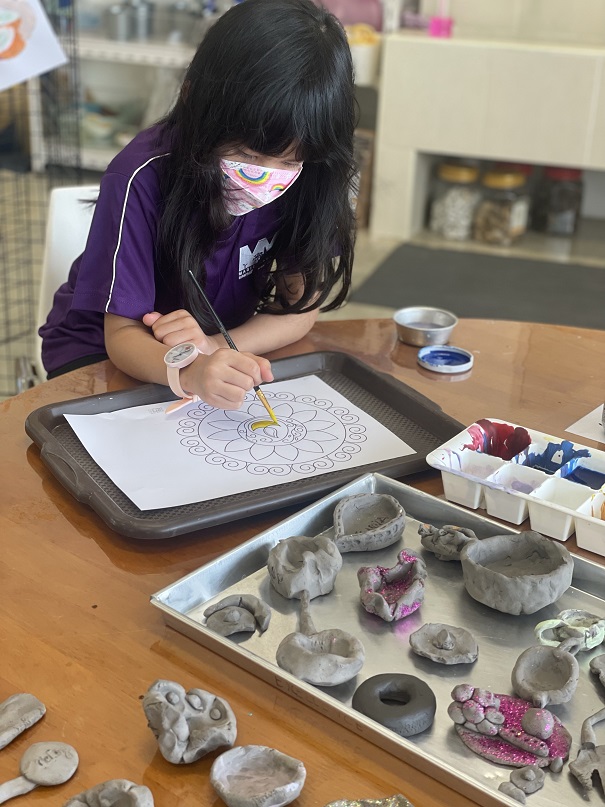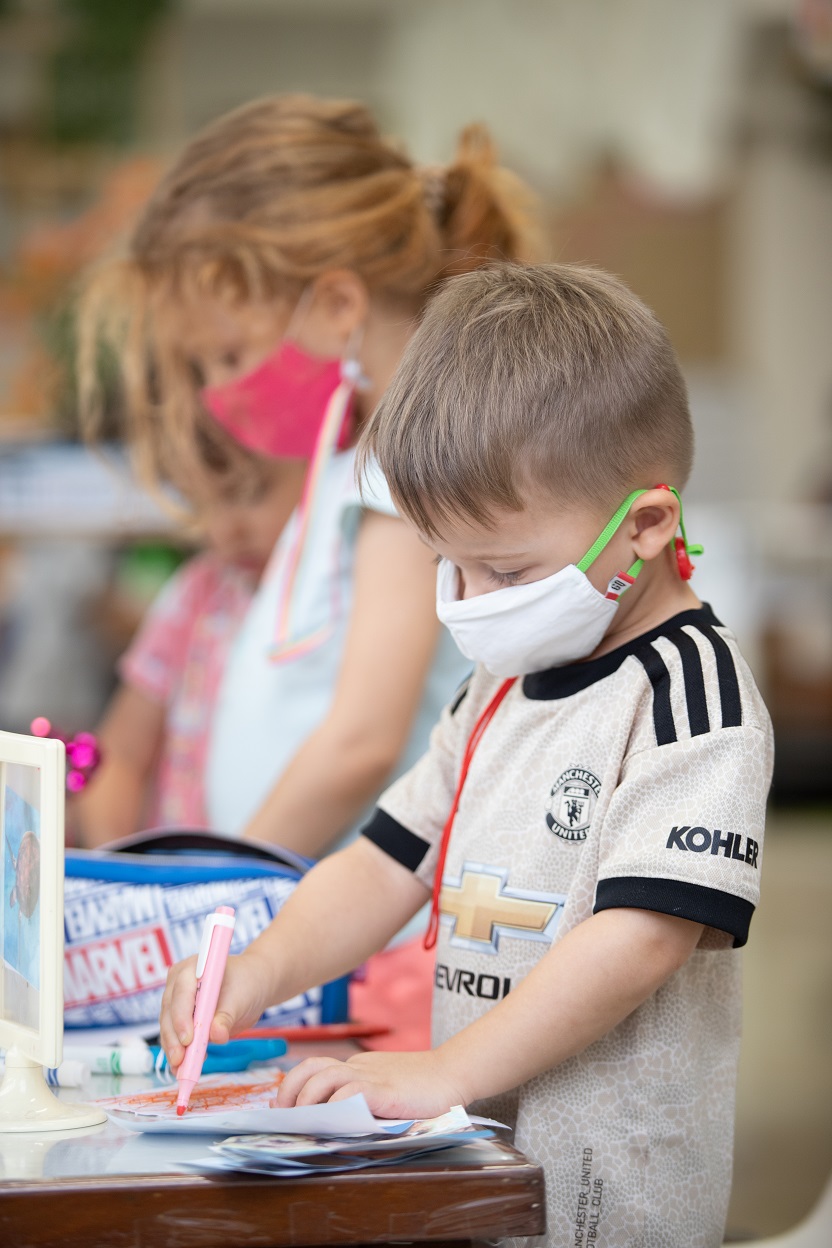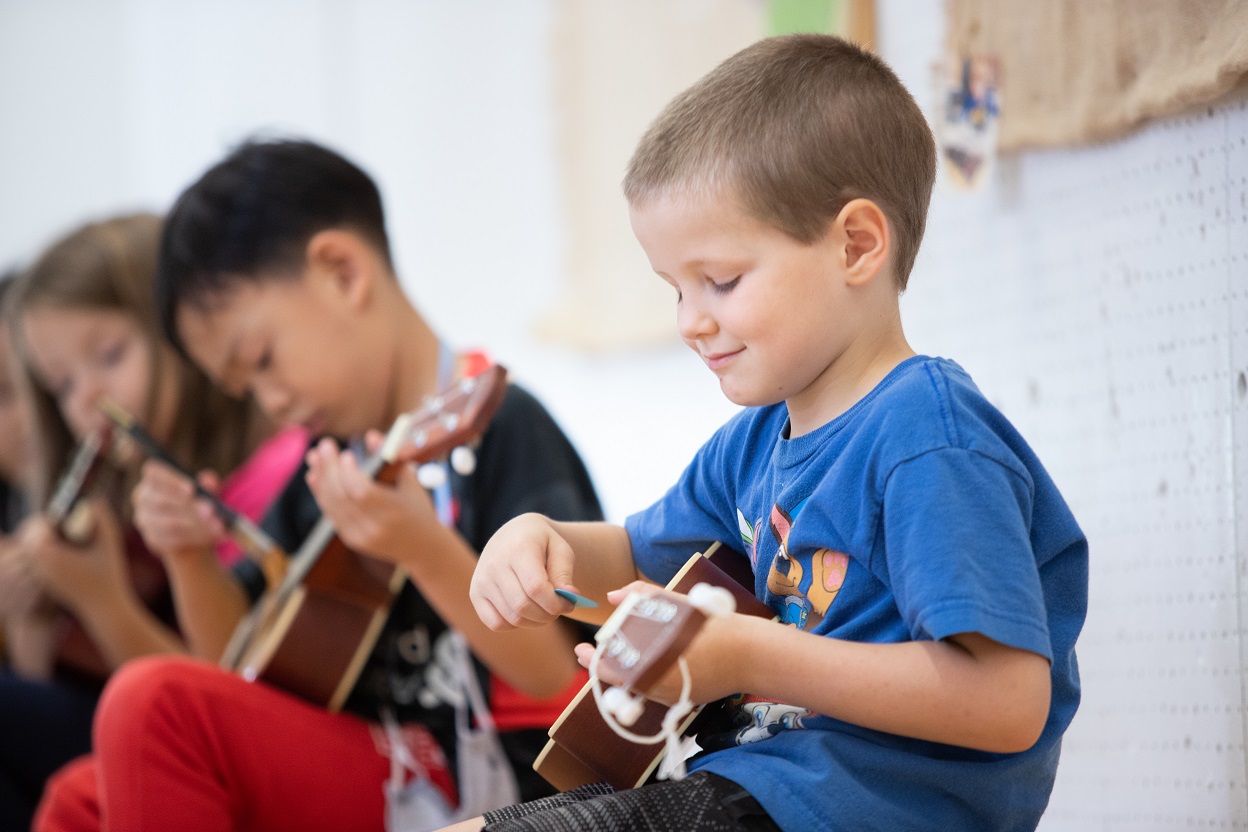As we look towards returning full-time to school in the wake of the COVID-19 pandemic, what is of the utmost importance to us is the mental, physical and social wellbeing of the children in our MYIS community.
As we begin learning within a classroom environment again, something we want to shine a light on at MYIS is the practice of ‘mindfulness’ within the school.
Recent research has found that the COVID-19 pandemic has had a negative effect on children’s mental health, especially elementary age children, with anxiety, social-emotional issues and psychological distress being particularly noticeable. However, mindfulness is a practice that can combat the effects that the pandemic has caused to children’s wellbeing. A study from April 2021 found that mindfulness based practices in the classroom can help children to identify their thoughts and feelings, and process them in a positive way. In the wake of the pandemic, many world governments are suggesting that activities such as mindfulness are given as much importance as academic activities as children return to the classroom. At MYIS, we already put a strong emphasis on supporting and caring for your children, and the addition of mindfulness in our classrooms is just another way through which we can ensure the best for our students.

Since 2016, more than 700 new papers have been released that research into mindfulness, meditation and the scientific effects on the brain. It has been found that mindfulness practices affect the brain in many ways, including lessening the ‘fight or flight’ response when we are stressed, angry or anxious, strengthening executive functioning, lessening emotional reactivity, and increasing neuroplasticity (the ability of our brains to create new connections)!
So what do we mean when we talk about mindfulness, or mindfulness practices?
Mindfulness can sometimes be mistaken for, or used as another word for meditation. However, lots of things can be considered mindfulness! Mindfulness is about being present in the moment, about considering your thoughts and emotions and about grounding yourself in the world around you. Meditation is a form of what we call formal mindfulness. Meditation can be done alone, or guided by a person’s voice instructing you on what to do or focus on.
Mindfulness can also be informal. Activities such as practicing a musical instrument, creating arts and crafts, singing along to your favorite songs, gardening, going for a ‘5 senses’ or a ‘noticing’ walk, or noticing the parts of your body as you exercise can all be considered mindfulness. As long as you are grounded by your body and mind, in the moment, and aware of your thoughts and feelings, that is mindfulness.
Social Learning Theory suggests that children copy what is modelled to them by their parents and other significant adults in their life. As teachers at MYIS we are aiming to bring mindfulness practices into our classrooms and we will take the time to model these as we return to campus.

If you are interested in mindfulness practice for your family, there are some ways you can incorporate informal mindfulness with your children at home, no matter their age. Engaging them in a bedtime story, encouraging them in some of the mindful activities mentioned above, when they are upset or angry, helping them to take 2 minutes to close their eyes and breathe – these are all ways you can bring mindfulness into your home.
Some resources which may be very useful to you, should you like to practice formal mindfulness meditation at home are online apps such as www.headspace.com, or www.smilingmind.com.au which contain guided meditations for individuals, schools and families.
We are excited to share this information with you and please do let us know if you would like more information about mindfulness and how it can benefit your child.
Written by Clara Wells
Grade 4 Head Teacher
References:
Malboeuf-Hurtubise, C., Léger-Goodes, T., Mageau, G. A., Joussemet, M., Herba, C., Chadi, N., … Gagnon, M. (2021). Philosophy for children and mindfulness during COVID-19: Results from a randomized cluster trial and impact on mental health in elementary school students. Progress in Neuro-Psychopharmacology and Biological Psychiatry, 107, 110260.
https://healthpoweredkids.org/lessons/noticingwalk/
https://www.simplypsychology.org/bandura.html
https://www.mindfulschools.org/about-mindfulness/why-is-mindfulness-needed-in-education/
